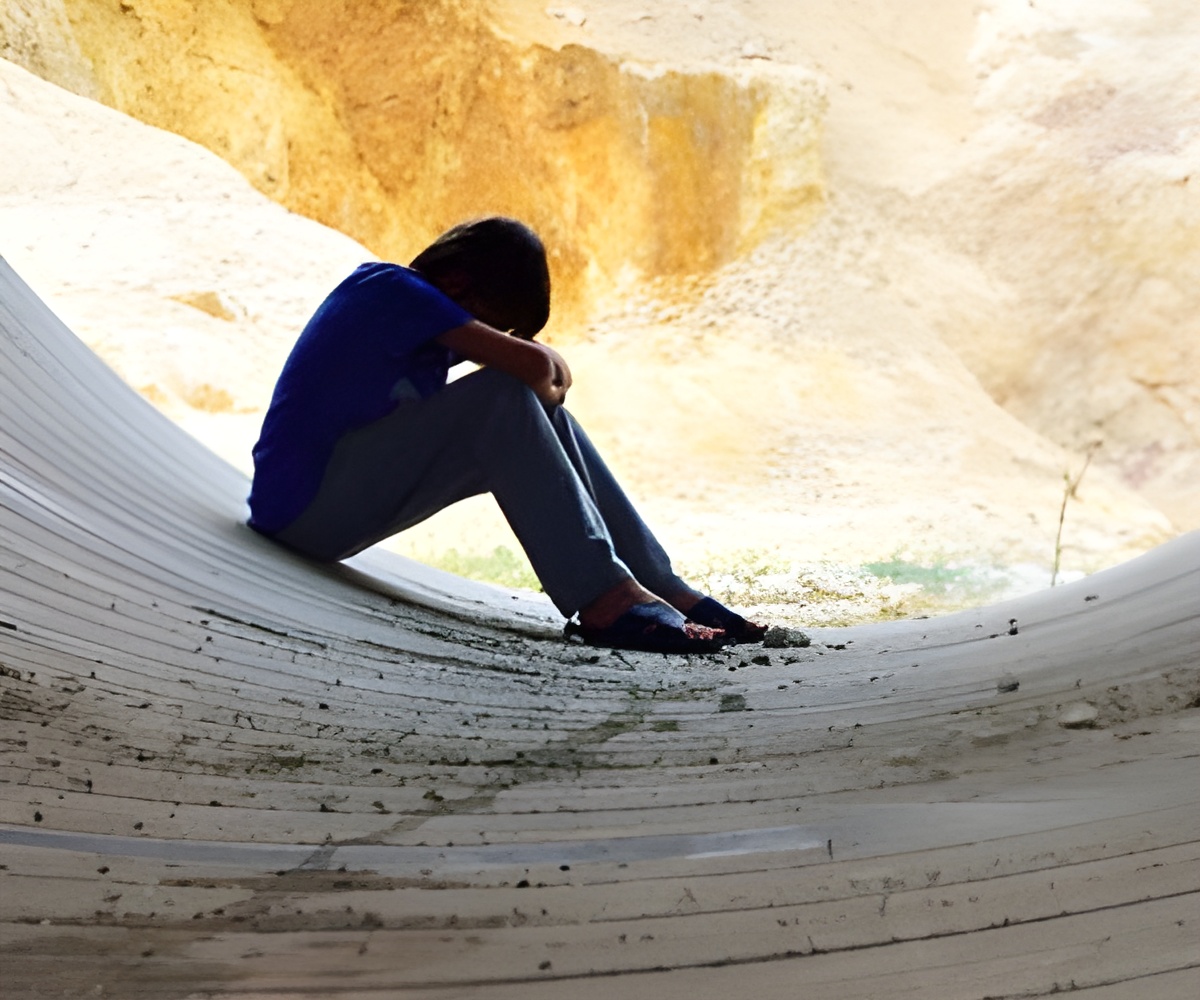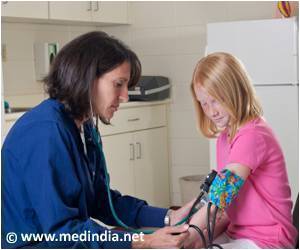According to a national poll, almost 50% of US parents report a new or worsening mental health condition in their teen since the pandemic started.

‘46% of parents state that their teen showed signs of a new or worsening mental health condition after the onset of the pandemic’
Read More..




Findings revealed that 1 in 3 teen girls and 1 in 5 teen boys had experienced new or worsening anxiety. Parents of teen girls were more likely than teen boys' parents to report a new onset or worsening of depression/sadness (31% vs 18%) and anxiety/worry (36% vs 19%) in their child. Read More..
Similarly, parents also reported negative changes in their teen's sleep (24% for girls vs. 21% for boys), withdrawing from family (14% vs. 13%), and aggressive behavior (8% vs. 9%). Additionally, 3 in 4 parents say that COVID-19 has adversely impacted teens' social interactions.
Gary L. Freed, poll co-director, states, "Just as young people are at the age of being biologically primed to seek independence from their families, COVID-19 precautions have kept them at home."
"Pandemic-related lifestyle changes have wreaked havoc on teens' lives, with many experiencing disruptions to their normal routines. Our poll suggests that pandemic-era changes may have had a significant mental health impact for some teenagers," he adds.
He explains that isolation during the pandemic might have been triggering new problems for some teens, but it might have exacerbated existing emotional health issues for others.
Advertisement
Freed adds that peer groups and social interactions are a critical part of development during adolescence which has been limited during the pandemic, so many teens may feel frustrated, anxious, and disconnected.
Advertisement
Some tried and tested strategies used by parents are:
1. Relaxing family rules
2. Talking to an expert
3. Trying a Web-based program
4. Keeping communication open but also giving space
5. Encouraging sleep hygiene
Source-Eurekalert









